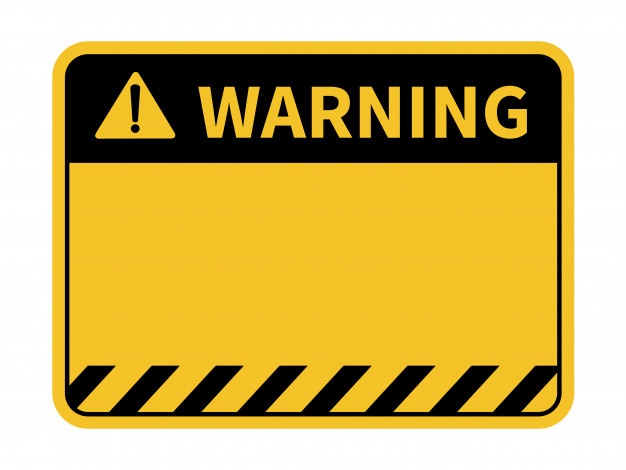Warning: Do not take this medication if you are allergic to it. If you have other allergies, talk to your doctor or pharmacist to rule out possible reactions to inactive ingredients. This medicine may also make your skin more sensitive to the sun, therefore it is advisable that you avoid prolonged exposure to the sun and wear protective clothing and sunscreen when you are outdoors. After applying Carac cream, wait at least two hours before using sunscreen or any other type of lotion.

Do not use this medication during pregnancy. It can harm the fetus. Talk to your doctor in order to discuss reliable forms of birth control. Inform your doctor immediately if you become pregnant or think that you may be pregnant. It is not advisable to use this medication if you are breast-feeding because it is not known if this drug passes into breast milk. Consult with your doctor before breast-feeding.
Indications: Carac is one of the brand names for a topical cream called Fluorouracil. It is among a class of medications that are commonly referred to as anti-metabolites, which are designed to block the rapid multiplication of skin cells, for example in skin cancer. It can also be used to treat various precancerous skin conditions such as solar keratosis, actinic keratosis, superficial basal cell carcinoma, and Bowen’s disease. Additionally, this medication can be used for treatment of various noncancerous conditions such as psoriasis, genital warts, or porokeratosis.
Carac can be used to treat other medical conditions that are not mentioned in this article; talk to your doctor or pharmacist for more details on Carac.
Dosage: Carac is a cream that is meant to be applied topically. Before applying the medication, thoroughly clean and dry the affected area. After waiting approximately ten minutes, apply a small amount of the cream to the affected area so that it covers the skin. Once you have finished applying the cream, wash your hands, even if you have worn gloves during the application. This should be done once or twice daily, as directed by a physician.
After you have used this medication for a few days, the skin lesions can become red and even begin to form blisters. This can last for several weeks. When you experience this side effect, do not cover the area with plastic bandages or other types of constricting dressings.
Overdose: since it is a tropical treatment, the risk of overdose is almost inexistent. However, Carac may cause irritation and/or inflammation even at normal. If irritation is such that you cannot continue the treatment, contact your health care provider before taking any decision.
Missing dose: It is important that you use Carac exactly as indicated by your physician or pharmacist; in case you forgot to apply the medication, apply the missed dose as soon as you remember it; if it is almost time for the next dose, skip the missed dose and continue your regular dosing. Double dose is not recommended.
Storage: Store Carac at room temperature and out of reach of children. The drug should not be kept in the light or moisture. After use, do not throw the container in the garbage. For more information on proper disposal of Carac, talk to your physician or pharmacist.
Contraindication: If you have a certain enzyme deficiency (dihydropyrimidine dehydrogenase – DPD), you should not use this medication.
Interactions: There are no known drug interactions to this medication. Always inform your doctor of any medications, supplements or other nonprescription products that you may be using. Also check with your doctor or pharmacist before beginning any new medications. Carac should be used with precaution in the following conditions:
- allergy to fluorouracil or any of its components
- Pregnancy
- Breastfeeding
- Carac can be applied to the skin of infants and children, but under the strict supervision of a physician.
Side effects: in some patients, Carac can cause skin reactions. Common Carac side effects include:
- rash
- soreness
- burning
- crusting
- redness
- discoloration
- irritation
If the side effects above persist for days or weeks, contact your oncologist. In addition, contact your doctor
- fever
- chills
- vomiting
- bloody diarrhea
- severe red skin rash
- Severe stomach pain.



